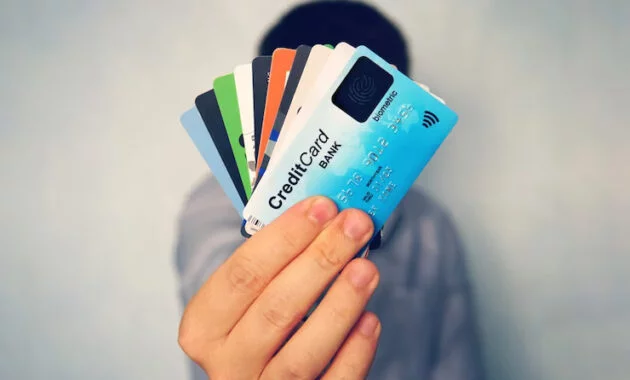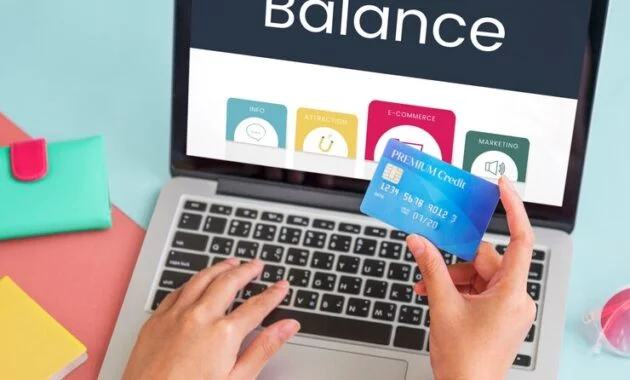Credit cards can be powerful tools when it comes to managing your finances and building a strong credit score. A good credit score is essential for various financial opportunities, such as getting a loan, renting an apartment, or even getting a job. In this article, we’ll explore how you can use credit cards to elevate your credit score. We’ll break down the basics and provide you with simple strategies to help you build and maintain a healthy credit history.
Understanding Credit Scores
Before we dive into how to use credit cards effectively, let’s first understand what a credit score is. A credit score is a three-digit number that represents your creditworthiness. It is calculated based on your credit history and helps lenders determine how risky it is to lend you money. The higher your credit score, the more likely you are to be approved for loans and credit cards, and you’ll generally receive better interest rates and terms.
Here’s a breakdown of the credit score ranges:
- Excellent: 800-850
- Very Good: 740-799
- Good: 670-739
- Fair: 580-669
- Poor: 300-579
Learn how credit cards boost your score
1. Choose The Right Credit Card

The first step in using credit cards to elevate your credit score is to choose the right card. Look for a credit card that matches your financial situation and goals. If you’re new to credit, a secured credit card or a student credit card may be a good starting point. These cards are designed for individuals with limited or no credit history.
For those with a bit more credit history, consider a traditional unsecured credit card. Look for one with no annual fee and a reasonable interest rate. Additionally, some credit cards offer rewards programs that can be beneficial, but make sure to pay attention to any associated fees.
2. Use Your Credit Card Responsibly
Once you have your credit card, it’s crucial to use it responsibly. Here are some tips to keep in mind:
- Pay On Time: Always pay your credit card bill on time. Late payments can have a negative impact on your credit score.
- Pay In Full: If possible, pay your balance in full each month. This shows responsible credit card usage and avoids interest charges.
- Keep A Low Balance: Try to keep your credit card balance below 30% of your credit limit. High credit card utilization can lower your credit score.
- Avoid Maxing Out: Avoid maxing out your credit card, as this can signal financial instability to creditors.
3. Monitor Your Credit

Regularly monitoring your credit is essential. You can obtain a free credit report from each of the three major credit bureaus (Equifax, Experian, and TransUnion) once a year at AnnualCreditReport.com. Review your credit report for errors and discrepancies, and report any inaccuracies to the credit bureaus for correction.
Additionally, many credit card companies offer free access to your credit score, which can help you keep track of your progress. Monitoring your credit allows you to identify any issues and take action to address them promptly.
4. Avoid Opening Too Many Credit Cards
While having a credit card is essential for building credit, opening too many credit accounts within a short period can negatively impact your credit score. Each credit card application results in a hard inquiry on your credit report, which can slightly lower your score. Be selective about the number of credit cards you apply for and open.
5. Length Of Credit History Matters

The length of your credit history plays a role in determining your credit score. The longer you’ve had a credit card account in good standing, the better it is for your credit score. If you have older credit cards, try to keep them open, even if you don’t use them frequently. Closing old accounts can shorten your credit history, potentially reducing your score.
6. Be Cautious With Balance Transfers
Balance transfers can be a useful tool for consolidating debt and potentially lowering interest rates. However, be cautious when using this strategy. Balance transfers can come with fees, and if you’re not careful, you might end up with more debt than before. Make sure to read the terms and conditions carefully before proceeding with a balance transfer.
7. Don’t Close Old Credit Cards
Closing a credit card may seem like a good idea if you’re not using it, but it can actually harm your credit score. As mentioned earlier, the length of your credit history matters. If you close an old credit card, you reduce the average age of your accounts, which can lower your credit score. Instead, consider keeping the account open and using it occasionally for small purchases to keep it active.
Conclusion
Using credit cards to elevate your credit score is a smart financial move when done responsibly. By choosing the right credit card, using it wisely, and monitoring your credit, you can gradually build a strong credit history. Remember that building good credit takes time, so be patient and consistent in your efforts. A healthy credit score opens doors to better financial opportunities and can help you achieve your long-term financial goals.
Also Refer : How Credit Cards Can Make Or Break Your Dreams
FAQs
What is a credit score?
A credit score is a three-digit number that reflects your creditworthiness. It helps lenders assess the risk of lending you money.
How can I improve my credit score?
You can improve your credit score by paying bills on time, keeping credit card balances low, and monitoring your credit report for errors.
What’s the importance of credit cards in building my credit score?
Credit cards can have a significant impact on your credit score because they provide an opportunity to establish a positive payment history, which is a crucial factor in your creditworthiness.
How should I manage my credit card balances for a better credit score?
To improve your credit score, aim to keep your credit card balances low in relation to your credit limit. Ideally, aim to use less than 30% of your available credit
Is it necessary to carry a balance on my credit card to boost my credit score?
No, it’s not necessary to carry a balance. You can pay your credit card bill in full each month to demonstrate responsible credit use and avoid unnecessary interest charges.
Source Image : Freepik.com




